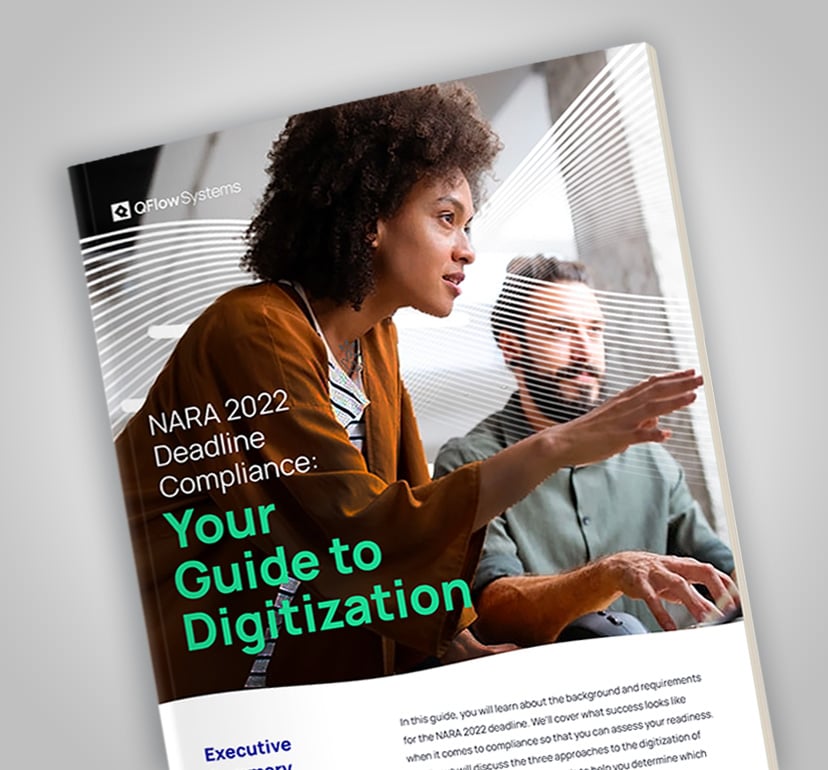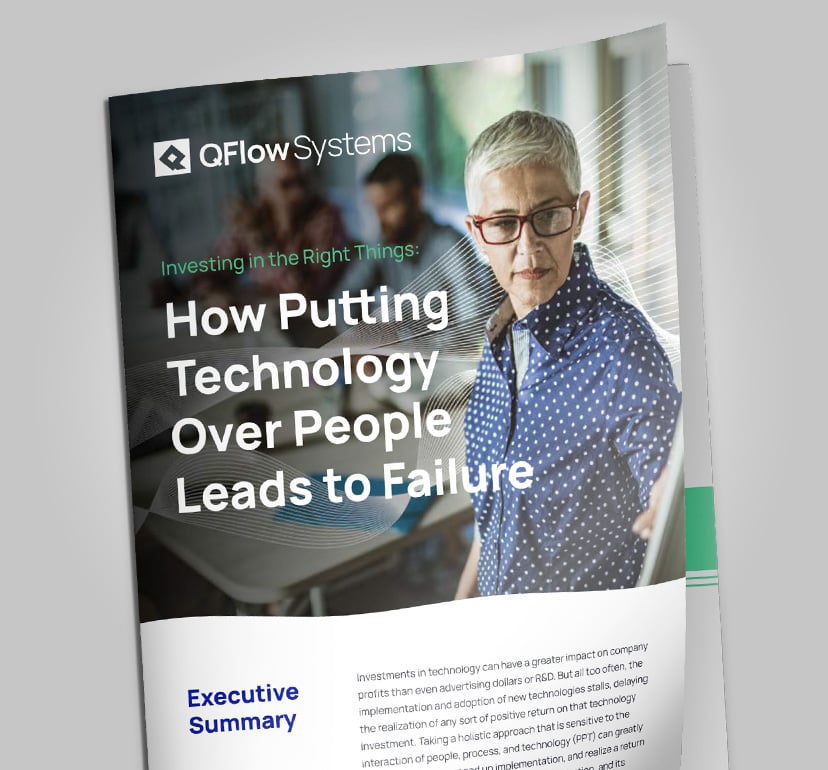The FDA’s Technology Modernization Action Plan (TMAP) is an initiative to modernize the FDA’s approval and review processes, namely by reassessing how the agency processes and utilizes data in real time. In 2021, the agency updated that plan by adding the Data Modernization Action Plan (DMAP), an enhanced subset of the TMAP focused exclusively on improving data management practices.
Consequently, businesses that deal with, or are regulated by, the FDA will finally see a burst of digital acceleration coming in the form of new processes. As soon as the full TMAP and DMAP are put into place, the FDA will be modernizing and streamlining its approval process in order to comply with safety standards more quickly, as well as provide better transparency for, and instill trust with, consumers.
Following best practices for enterprise document management by utilizing existing managed cloud services will further help various industries move into a paperless, and more transparent, future.
The Benefits of TMAP
The FDA recognized its agency was struggling to keep pace with studies and process study results. In turn, its staff needed more tools and automation to manage data, which was compounded by aging technology infrastructure. The agency is promising to test a range of new technologies and improve interoperability among departments and stakeholders. While the definition of how it will adopt new technology is broad, it will include genomics, blockchain, and real-time analytics. These improvements will enable the FDA to speed up approvals of new lifesaving drugs and devices, as well as improve inspections and other regulatory processes that protect consumers.
Today, testing and monitoring new technologies are creating more and more data for the FDA to manage. Your leadership can also embrace this as an opportunity to make your own processes more efficient and streamlined.
How Can Your Company Digitize Paper-Heavy Workflows?
The primary motivator of the FDA’s movement toward a more digital environment is fairly straightforward. The more data they have on hand, and the more tools they have to analyze that data in real-time, the more quickly they can move to approve life-saving procedures and medications. Wording from the Modernization Plan states the objective clearly:
“To realize this promise, FDA needs to have a technical infrastructure that can accept, evaluate, and analyze novel sources of data (e.g., real-world data) and apply that data to regulatory decision making. Building this infrastructure is a primary goal of the TMAP.”
How can your department prepare itself to engage with the FDA’s evolving digital, data-driven infrastructure?
Automated Documentation Management
Because modern businesses generate so much documentation and data, it becomes impractical to deal with each document manually. Software systems play a huge role in scaling data and paperwork processing, freeing up your staff for higher-level work.
At the same time, automation reduces how much your workers interact with documentation, reducing the likelihood of human error. Digital systems can also save you money on storage and material costs.
Improved Security and Administration
Digital document storage systems need to adhere to security protocols that protect individual and organizational data. Document platforms need to feature:
- Unique login credentials to each user
- Encrypted user-level Protected Health Information (PHI)
- Remote disabling controls for lost or stolen devices (laptops, mobile phones, tablets, etc.)
By utilizing a well-resourced and experienced third-party provider, the administration of the system won’t fall to your employees. Robust cloud platforms do not require on-site hardware, and administrative functions are managed by the provider. Additionally, a secure EMS partner can design a system to both encrypt documents and follow a retention schedule that destroys those documents as dictated by your industry.
Scaling Your Operations
When software solutions aren’t designed for scale, it’s challenging to manage your data effectively, even as you increase your software and IT budgets.
Software-as-a-Service (SaaS) platforms can overcome those scaling issues. SaaS platforms provide superior flexibility, so you can add or subtract licenses as you scale up or down, ensuring you always have the right fit. Additionally, your partner provides customized solutions that address your unique needs.
For example, QFlow’s cloud platforms are designed from the ground up to reduce your IT burden, while also increasing your workflow capacity. Without needing internal staff to upgrade software, replace hardware, or install security patches, you can focus on delivering services and improving your products. Additionally, you have real-time access to your critical documentation from multiple devices, giving your staff the flexibility and security they need in an increasingly digital world.
Enterprise Document Management Built For You
QFlow’s Q-Action Enterprise Document Management Solution satisfies encryption requirements (including HIPAA), and can scale your digital business operations for the FDA’s data-rich future. Q-Action also offers automatic document versioning, providing a single record for all changes. By tracking edits and updates each user makes to a file, the system automatically preserves the chain of custody for better and more accurate reporting.
No matter how your business or agency interacts with the FDA, our experts are equipped to partner with you and build an automated document capture workflow that saves you money and maximizes productivity. QFlow has helped U.S. government agencies and companies integrate out-of-the-box or custom tools to streamline everyday processes. Schedule a demo to speak with a QFlow expert and discover what we can do for you today.

